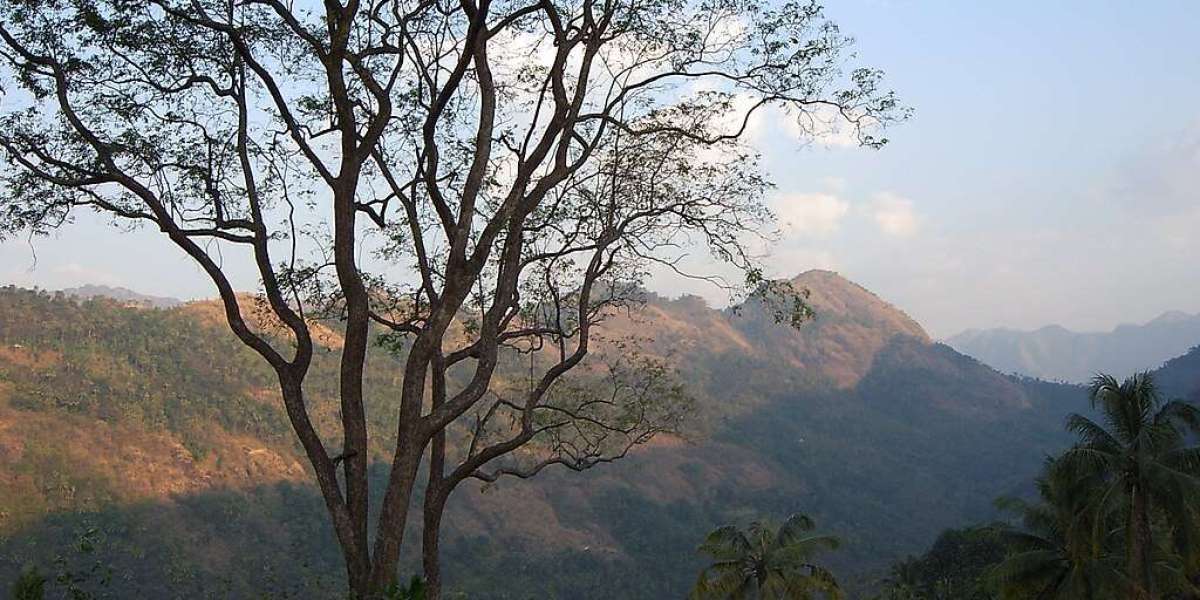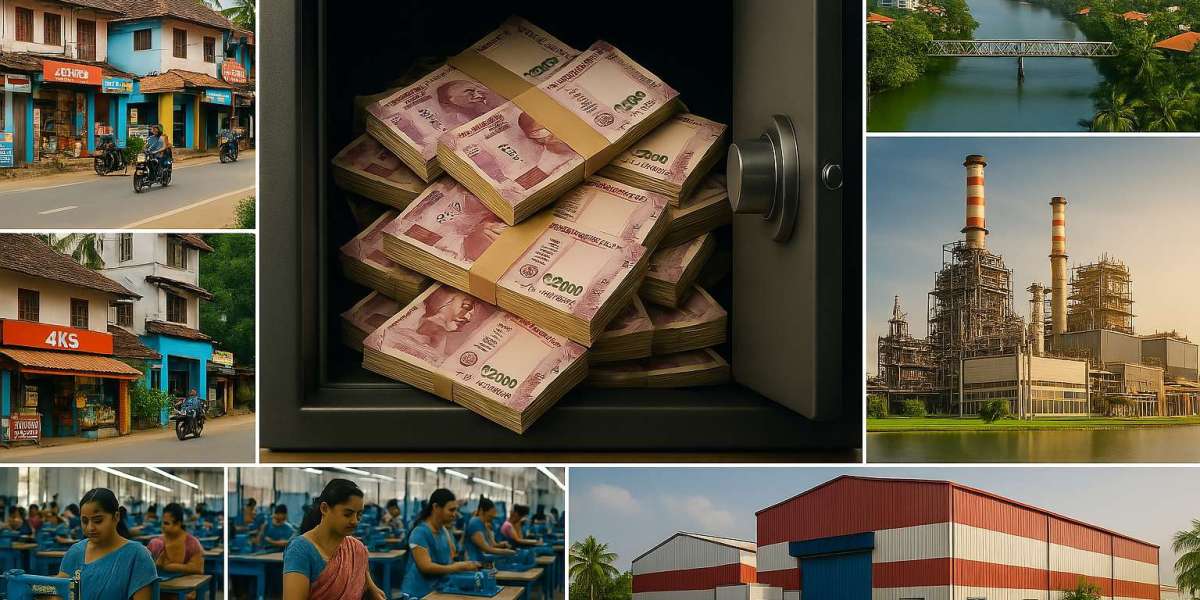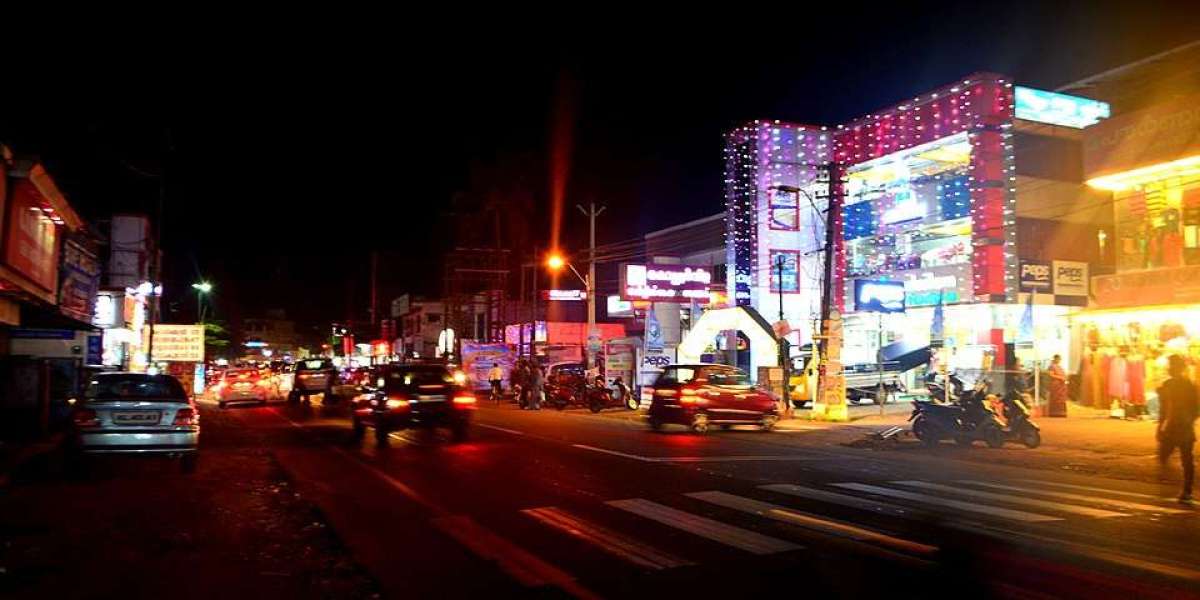Demographics
Poonjar constituency is predominantly rural, with roughly 85% rural population and 15% urban,
centered around Erattupetta market town. Religious composition is mixed: a substantial Catholic
Syrian Christian population (notably SyroMalabar Catholics), alongside Hindus and Muslims, and
smaller pockets of Orthodox Christians. Scheduled Castes make up around 8–8.5% and Scheduled
Tribes approximately 3% of the population. Literacy exceeds 96%, in line with Kerala’s high rates.
Economic Profile & Peculiarities
Agriculture forms the backbone: rubber plantations, pepper, coffee, cocoa crops dominate
in hilly and midland areas around Mundakayam, Koottickal, Erumely, and Thidanad.
NRI remittances significantly boost household incomes, particularly from Gulf-expatriate
families.
Small trade and business thrives in Erattupetta, Mundakayam and market hubs—retail,
transport, education, and allied services support local employment.
Blue economy involvement is minimal, owing to the constituency’s inland location.
However, pilgrimagedriven tourism around Erumely (especially during Sabarimala season)
contributes modestly.
The presence of proposed infrastructure like the Sabarigiri International Airport near
Erumely also suggests potential economic uplift.
Economic Strata
The majority of residents belong to the middleincome group. With high literacy, stable agricultural
earnings, and remittance flows, most households maintain decent living standards. BPL households
are relatively few, mainly in remote hamlets. Only a small segment qualifies as highincome, such as
families with particularly successful NRIs or large-scale agrarian enterprises.
Recent Development Initiatives
In recent years, Poonjar has benefited from targeted road infrastructure upgrades—widening and
resurfacing of key rural roads in Mundakayam, Koruthodu, and Poonjar panchayats; installation of
LED street lighting; and new bus shelters.
Floodmitigation and improved drainage systems along the Manimala River corridor have been
implemented to manage monsoon runoff. Agricultural extension services and support for small
rubberprocessing and agrobased enterprises have increased.
Electoral infrastructure has been enhanced with better-managed polling booths, video surveillance,
and deployment of microobservers in previously sensitive areas.
With 168 polling stations, Poonjar Assembly Constituency is a literate, largely rural region grounded
in agriculture—especially rubber—and supported by diaspora remittances. Its economy is sustained
through cash crops and small trade in its market towns. A firmly middleclass demographic profile
prevails, with few households below poverty. Recent infrastructural upgrades, civic amenities and
enhanced election facilities reflect a constituency steadily progressing toward inclusive and balanced
socioeconomic growth.







